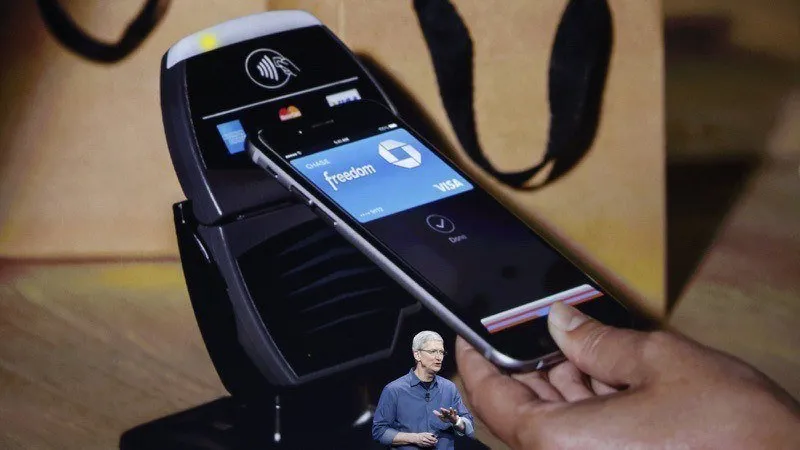Apple Wallet and Apple Pay were accused of violating market monopoly
The Northern District Court of California recently entertained a class-action lawsuit accusing Apple’s wallet service of monopolistic practices. The contention lies in Apple’s exclusive use of NFC technology for its wallet service, restricting its availability solely to devices like the iPhone, iPad, and Apple Watch, thereby granting Apple an advantageous position in the mobile payment sector.
However, Judge Jeffrey White, overseeing the lawsuit, opined that while payments made by scanning QR Codes might not be as convenient as Apple Pay, and the cost of transitioning payment methods could be comparatively steep, Apple has not mandatorily imposed its wallet service or Apple Pay feature on consumers. Furthermore, this service is proffered without charge. Therefore, he surmised that Apple’s practices do not evince monopolization.

Yet, concerns arise from Apple’s potential overcharging for transactions in its mobile payment process, coupled with its reluctance to open NFC functionality to third-party wallet services. This clearly could have implications for market competition. Notably, a 2022 European Union verdict inferred that Apple’s reticence in equitably providing other services access to its NFC function constituted a breach of anti-monopoly rules.
In contrast, Samsung has incorporated an analogous NFC functionality in its phones through Samsung Pay. However, the reason Samsung hasn’t faced similar monopolistic charges is that consumers, even without using Samsung Pay, can still employ Google Pay—a service propelled by Google on the Android platform, harnessing NFC for contactless payments.
In comparison, while Apple may, under certain circumstances, permit developers to access the NFC capabilities of devices such as the iPhone, it’s rare to observe third-party payment services utilizing the NFC technology embedded in Apple hardware for contactless transactions.
The lawsuit is slated for deliberation at 11 a.m. PST on December 1st.





